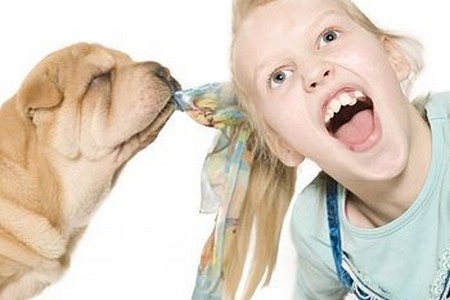For many people, there is nothing more unfortunate than a cute puppy with a not-so-cute attitude. Dog owners often complain about how their pets would sometimes inexplicably start munching on their antique sofa or ruining their favorite $400 shoe. What’s even more unfortunate is that most have no idea how to approach this problem. Often, they would resolve to punishing the dog without any consideration, slapping the animal pointblank, or throwing it outside the house without a real understanding of how the biting problem came to be in the first place.
Know how it began
For starters, remember that if your puppy has a biting problem, chances are your family got it pretty early in its life. This means that it didn’t experience enough interaction with other dogs, mainly its mother, to teach it the dos and don’ts of biting. In fact, most dog-training programs today are based on how mother dogs teach their puppies about normal biting habits. In addition, biting is not limited to puppies biting their owners; this also holds true for biting other people, furniture, or even themselves.
Make it clear that it hurts
When a puppy starts sinking its teeth into its mother, she would normally let out a sharp yelp that would startle the puppy and cause it to retreat. This sends a strong signal to the biting puppy that what it just did hurt. Some dogs would even leave their puppies alone just to make the message clearer. This is the same logic that you should remember when teaching your puppy that biting is bad. Following the mother dog’s lead, you may also try enforcing time away from your pet whenever it bites especially hard.
Get a chew toy
Some experts advise that while buying chew toys for your puppy is generally a good idea, there are chew toys that work best and chew toys that even worsen the problem. For instance, getting a boring, unchallenging chew toy would most likely not rouse your puppy’s interest. On the contrary, this might cause it to chew on something else, like your colorful and more interesting couch. Also, get chew toys that have something fragrant inside. Dogs have a keen sense of smell; once they realize that biting you will not yield any benefits (since they don’t smell anything tasty inside), they will stop.
As with most efforts in training pets, repetition and persistence are paramount. Doing something over and over again reinforces an activity and makes it a habit. The success of a routine also has a lot to do with how early you start training your puppy. An ideal age to start is at 6 weeks.
